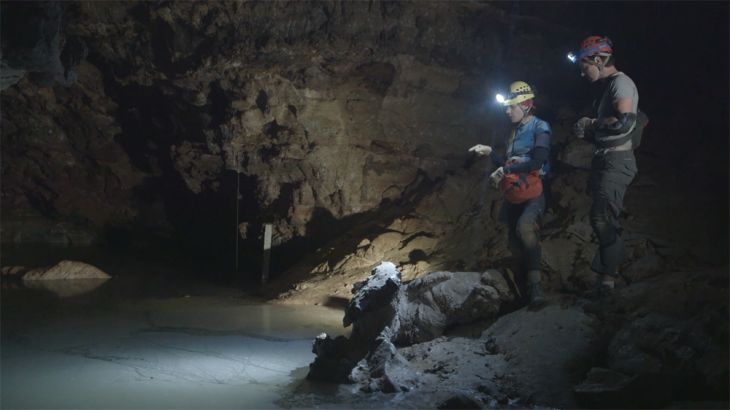
Antibiotic Resistance: The End of Modern Medicine?
We explore global efforts to combat antibiotic resistance, which has become a major threat across the world.
When Alexander Fleming discovered penicillin in London back in 1928, it changed the face of medicine.
Antibiotics such as penicillin have saved the lives of millions around the world and modern healthcare is reliant on their use for cancer treatments, operations and to prevent the most simple of infections from becoming fatal. But resistance to antibiotics is accelerating at a frightening rate, with projections that by 2050, drug-resistant infections could kill more than 10 million people worldwide every year.
Keep reading
list of 4 itemsAmid global polarisation, the pandemic agreement encourages cooperation
Sunak apologises after report finds UK government covered up blood scandal
Philippines plans vaccination drive as whooping cough outbreak claims lives
Antibiotic resistance occurs when an antibiotic has lost its ability to stop bacterial growth within the body. The overuse and misuse of certain drugs has put pressure on bacteria to evolve and become resistant, which in turn has created “superbugs” that are in many cases completely untreatable.
No new antibiotics have been discovered since the 1980s and the world is close to running out of its current supply. According to Keiji Fukuda, assistant director-general for health security at the WHO, the rise in antibiotic resistance poses a “major global threat”. He warns of a “post-antibiotic era” where many people could die from common infections.
In this special episode of The Cure we aim to uncover why antibiotic resistance has become such a huge and real threat across the world. We will see first-hand how rising resistance is already affecting patients in the hospitals of the UK; how cattle farmers are exacerbating the problem; why the hunt for new antibiotics is taking researchers to the caves of South Dakota; and how a new diagnostic tool is helping identify drug-resistant TB in the townships of South Africa.
Join Dr Joff Lacey on a global journey to explore the terrifying prospect that this era of antibiotics is coming to an end – and what is being done globally to try and combat it.